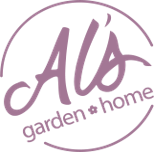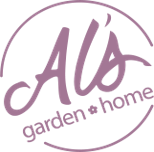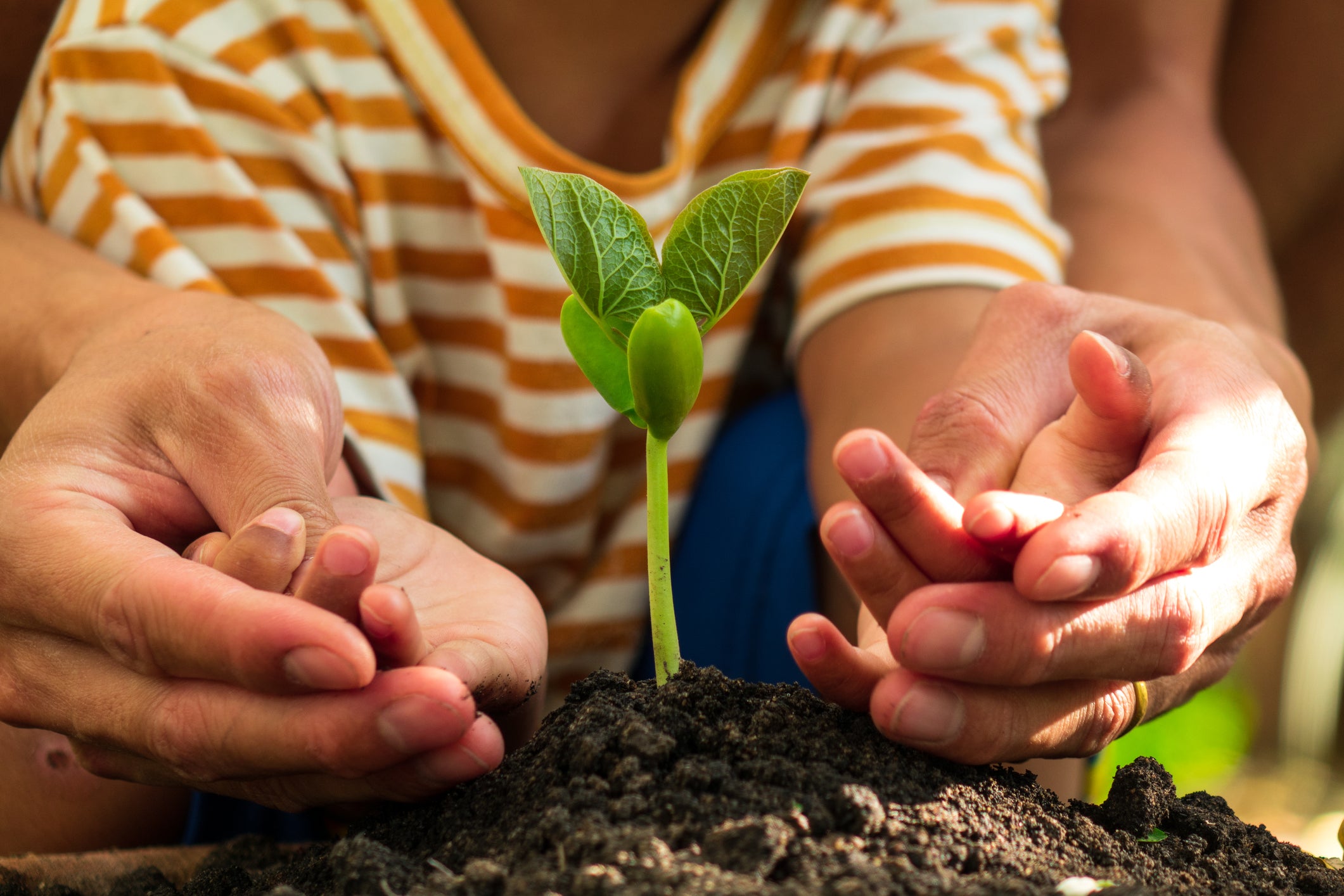As the weather starts warming up, gardening enthusiasts enjoy getting their hands dirty planting flowers, vegetables, shrubs, and other greenery in their yards. Having the right gardening tools can go a long way in helping your outdoor garden flourish, whether you have experience with gardening or it’s your first time. At Al’s Garden & Home, we’re committed to helping experienced and novice gardeners create beautiful outdoor spaces with our expertise, trusted gardening resources, and high-quality supplies. To give you an idea of where to start, we’ve included some expert tips and recommendations for gardening for beginners to ensure you have a successful growing season in the Pacific Northwest.

Best indoor gardening tools
Some people in colder climates prefer planting their seeds indoors before transplanting them into their outdoor garden, whether using a raised bed or an in-ground garden. Starting seeds inside ensures you have a more productive growing season, and you can have more control over your plant's growing conditions, including how much light, heat, and moisture they receive. If you’re interested in planting seeds indoors to get a head start on your outdoor garden, below are a few items we recommend helping you get started:
- Germination Stations – Indoor germination stations are the perfect start for your garden. You can start your seeds indoors to get a head start on the growing season.
- Heat Mats – These are the secret to speedy seed germination. The heat the mat gives off signals to the seeds that it's time to start growing. Some heat mats are flexible, water-resistant, or come with a digital thermostat so you can adjust the mat’s temperature.
- Coconut Coir Pots – If you’re starting seeds indoors, coconut coir pots can be planted directly into the ground to reduce shock when the plant is moved later. They also prevent root damage.

Best outdoor gardening tools
We recommend beginner gardeners start the growing season with a few basic tools. As your garden grows, you’ll start to develop a collection of tools that work best for you and your garden. Some of the outdoor gardening tools you’ll want to have available for the growing season include:
- Pruning Shears – These are essential for your garden, and every gardener should have at least one pair. You can use pruners to cut branches and stems to encourage new growth and shape bushes and other greenery.
- High-Quality Kitchen Scissors – Having a pair of quality kitchen scissors available is helpful for cutting flowers, deadheading, harvesting herbs, and other
- Soil Knife – This tool is perfect for transplanting young plants that are ready to go in the ground and weeding. You can also use a soil knife to divide perennial plants, cut twine, and open plastic bags.
- Three-Prong Cultivator/Hoe – Every gardener should own a hoe and three-prong cultivator. You can find this tool as an all-in-one, combining a hoe and cultivator, or you can buy them separately. A hoe is usually used for weeding or loosening soil, and three-prong cultivators are usually used to spread mulch or compost and clear away leaves.
- Hand Trowel – Hand trowels are used to dig small holes and mark rows in the ground to prepare for planting seeds.
- Round Head Shovel – If you plan on digging any large holes, having a round head shovel available is a must. In addition to digging, they can be used to move soil or add soil to gardening beds and pots.
All the plants in your garden are living organisms, so they need proper nutrients to grow and thrive throughout the growing season. Some of the fertilizers and vitamins you might want to consider using for your garden include:
- All-Purpose Fertilizer – Fertilizers deliver much-needed nutrients to the soil that your plants need to thrive. We recommend performing a soil test to identify the nutrient deficiencies in your garden to determine the best type of fertilizer to use.
- Tomato & Vegetable Fertilizer – Fertilizers designed for vegetables have specific nutrients that help plants mature properly. You should always look for an organic fertilizer when growing edibles.
- Soaker Hose – Establishing a consistent watering schedule for your garden from the very beginning is essential to ensuring everything thrives throughout the growing season. A soaker hose is a great way to deliver water to the soil without over or underwatering. Soaker hoses have tiny holes that allow for slow-drip irrigation, ensuring the soil stays saturated to the plants' roots.
- Plant Vitamin Solutions with Kelp – To keep plants healthy, vitamin solutions made with kelp help promote root growth and boost plants’ ability to perform photosynthesis. Kelp vitamin solutions also add nutrients back into the soil.
Maintaining your gardening tools
You’re making an investment when you purchase new gardening tools, so it’s important to take care of them and protect them. We’ve included some tips to consider to properly maintain your gardening tools:
- Make a habit of cleaning your gardening tools after each use
- Store your tools in a dry and protected area, preferably hanging on a wall
- Clean and oil your pruning shears frequently
- Inspect and sand the wooden handles of tools that are getting splintery
- Sharpen your gardening tools regularly
From choosing the right essential tools for your garden to ensuring you care for your plants properly; a lot goes into residential gardening. Fortunately, Al’s Garden & Home is here to help every step of the way with our expertise and a vast selection of high-quality plant and gardening supplies. Visit one of our garden center locations today to get started on creating the outdoor space of your dreams. Contact us today or check out our growing guides to learn more!



Leave a comment